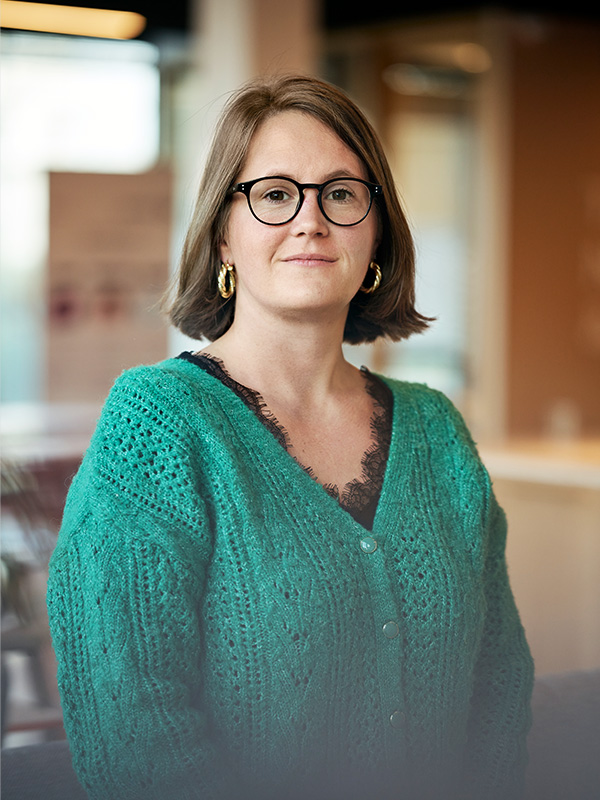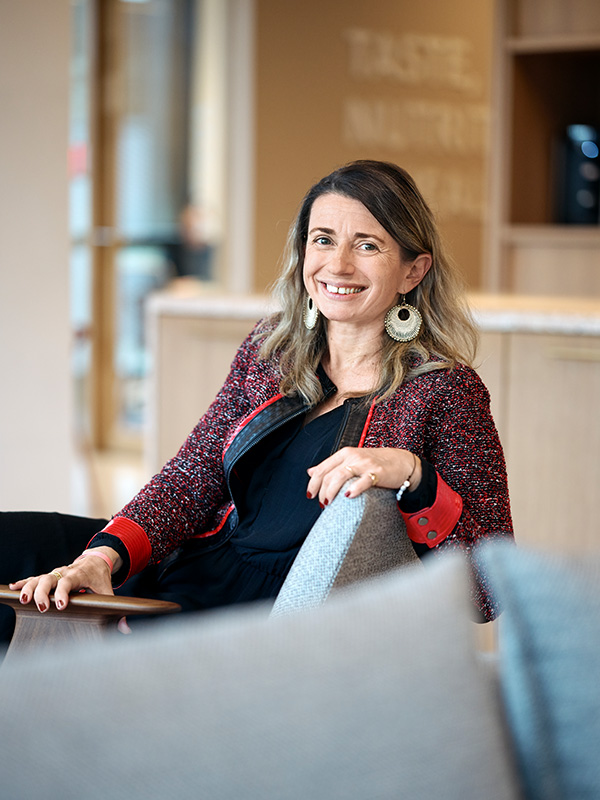Laure Vassel also makes it clear that, although corporate targets are set at a global level and apply all around the globe across all divisions, the challenges to reach them may vary greatly. “The Houston program won’t churn out a one-size-fits-all solution. Instead, it will support the emergence of a new mindset that we strive to introduce and implement as one Symrise team: a common framework and way of working, accounting for all business specificities.” Claire Du Peloux confirms this, as she sees the program as the foundation upon which Symrise’s Low Carbon Transition Plan can come to fruition. “With the Houston program, our aim is to build up cohesion within the Group and become a geared team for greater sustainability around the world.” Sustainability should be the focus of the global value promise, and Symrise should remain a pioneer in the industry and business.
The project team is aware that a deep mindset change is required for this tool to reach its objective. This is why they put together a set of proposals articulated in four pillars: Leadership, EcoSystem, People and Data. Leadership is expected to drive the sustainability strategy toward action mode, transition and innovation. As part of an EcoSystem, the Group shall rally its network and expand partnership culture in its interactions with customers, suppliers and other stakeholders.
As an example falling under the People pillar, which focuses on education and training, every employee could be given the opportunity to take part in a Climate Fresk workshop – based on the card game of the same name, with which an NGO has already explained the fundamentals of climate change to hundreds of thousands of people worldwide. “It’s important to make what is happening right now tangible for people,” says Claire Du Peloux. “Above all, we have to give ourselves the tools to do something about it.” Finally, an example to illustrate the data enhancement vision could be the data management workstream, which would allow harmonization and ensure a satisfactory level of data quality. “We at Symrise have to properly collect, structure and analyze our data in order to be successful,” Claire Du Peloux says.
Du Peloux and Vassel are confident that the Houston program will provide a lot of impetus – even though the processes, standards and regulations can differ greatly between Pet Food and Cosmetic Ingredients, for example, or Fine Fragrance and Food & Beverage. “The learning curve is still steep,” Claire Du Peloux and Laure Vassel say. “With Houston’s first phase, however, we have taken the first step – compiling the different needs and creating an approach that’s suitable for the entire Group.”


